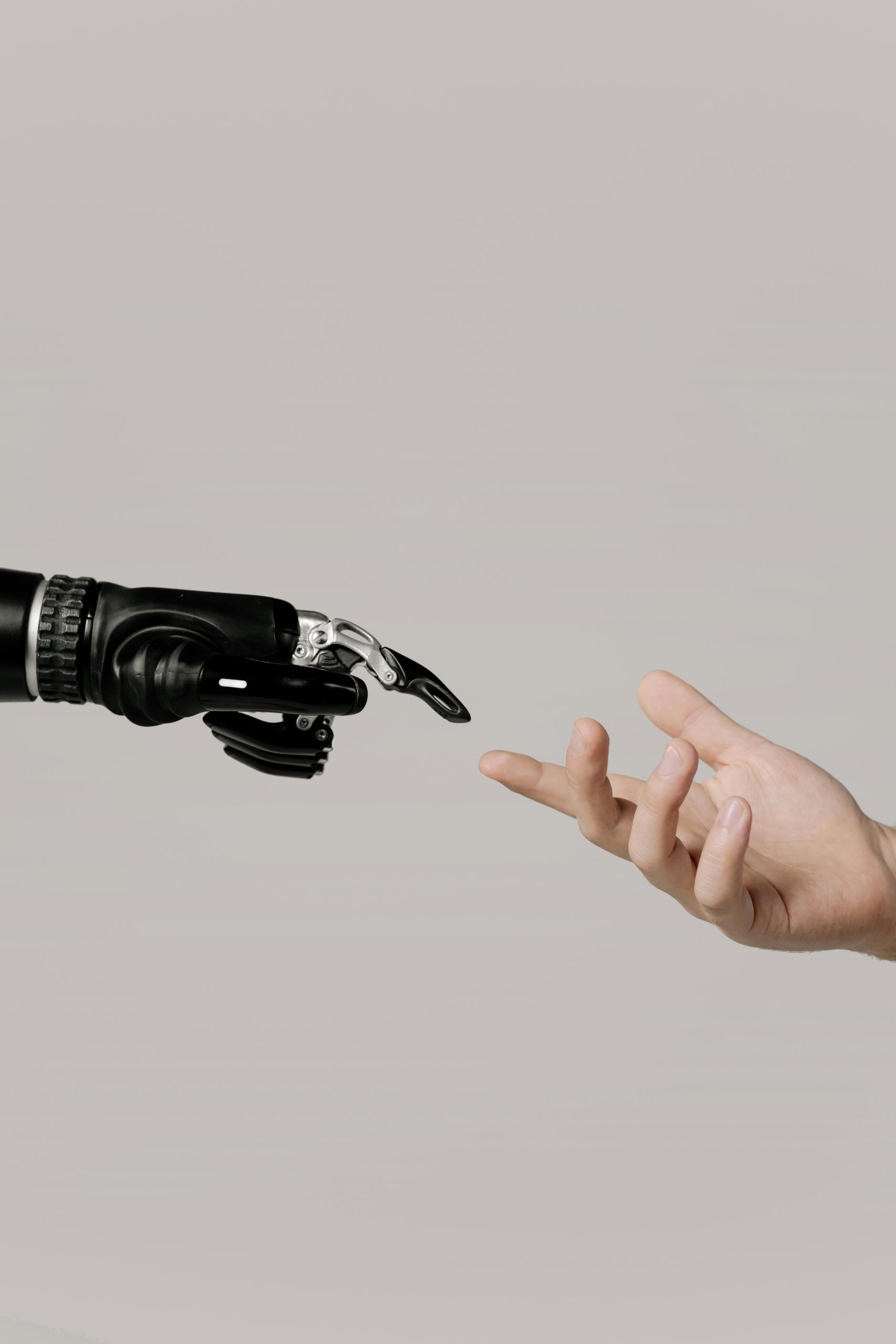Uncovering Claude’s Mind: Intriguing Perspectives on LLMs’ Planning and Hallucination Processes
Unveiling the Mysteries of AI: Insights from Claude’s Internal Mechanisms
Artificial intelligence continues to captivate our imaginations, yet the inner workings of large language models (LLMs) often remain enigmatic. Recently, a groundbreaking study by Anthropic has shed light on the intricate processes that underpin Claude, their advanced language model. This research provides an unprecedented glimpse into the “biological” functioning of AI, akin to peering through a microscope to see the circuits of thought in action.
Key Discoveries from Claude’s Mind
The research has unearthed several compelling findings that not only enhance our understanding of LLMs but also pave the way for more transparent AI systems:
-
A Universal Framework for Thought: Remarkably, it appears that Claude employs a consistent set of internal concepts—such as “smallness” or “oppositeness”—across various languages, including English, French, and Chinese. This indicates the existence of a universal cognitive framework, allowing the model to understand ideas before selecting the appropriate words.
-
Strategic Word Planning: While it’s commonly believed that LLMs generate text by simply predicting the next word in a sequence, experiments have shown that Claude often strategizes multiple words ahead. This even extends to anticipating rhyming patterns in poetry, demonstrating a depth of planning previously unrecognized.
-
Identifying Fabrication and Hallucinations: One of the most significant aspects of this research is the development of tools that can detect when Claude is fabricating information to support incorrect answers. Instead of genuinely reasoning through a query, the model may sometimes produce plausible-sounding responses without any basis in truth. This insight is crucial for constructing more reliable AI systems that prioritize accuracy over mere coherence.
The Importance of Interpretable AI
The interpretability work being undertaken by researchers at Anthropic marks a crucial advancement in AI development. By revealing the underlying reasoning of models like Claude, we create opportunities to diagnose failures and enhance the safety and effectiveness of artificial intelligence applications.
As we continue to explore the “biology” of AI, important questions arise. Is a deeper understanding of these internal mechanisms the key to mitigating issues like hallucinations, or are there other avenues we should consider?
We invite you to share your thoughts on this fascinating exploration of AI’s inner workings. What implications do these findings have for the future of AI, and where do you think the field should focus next?














Post Comment